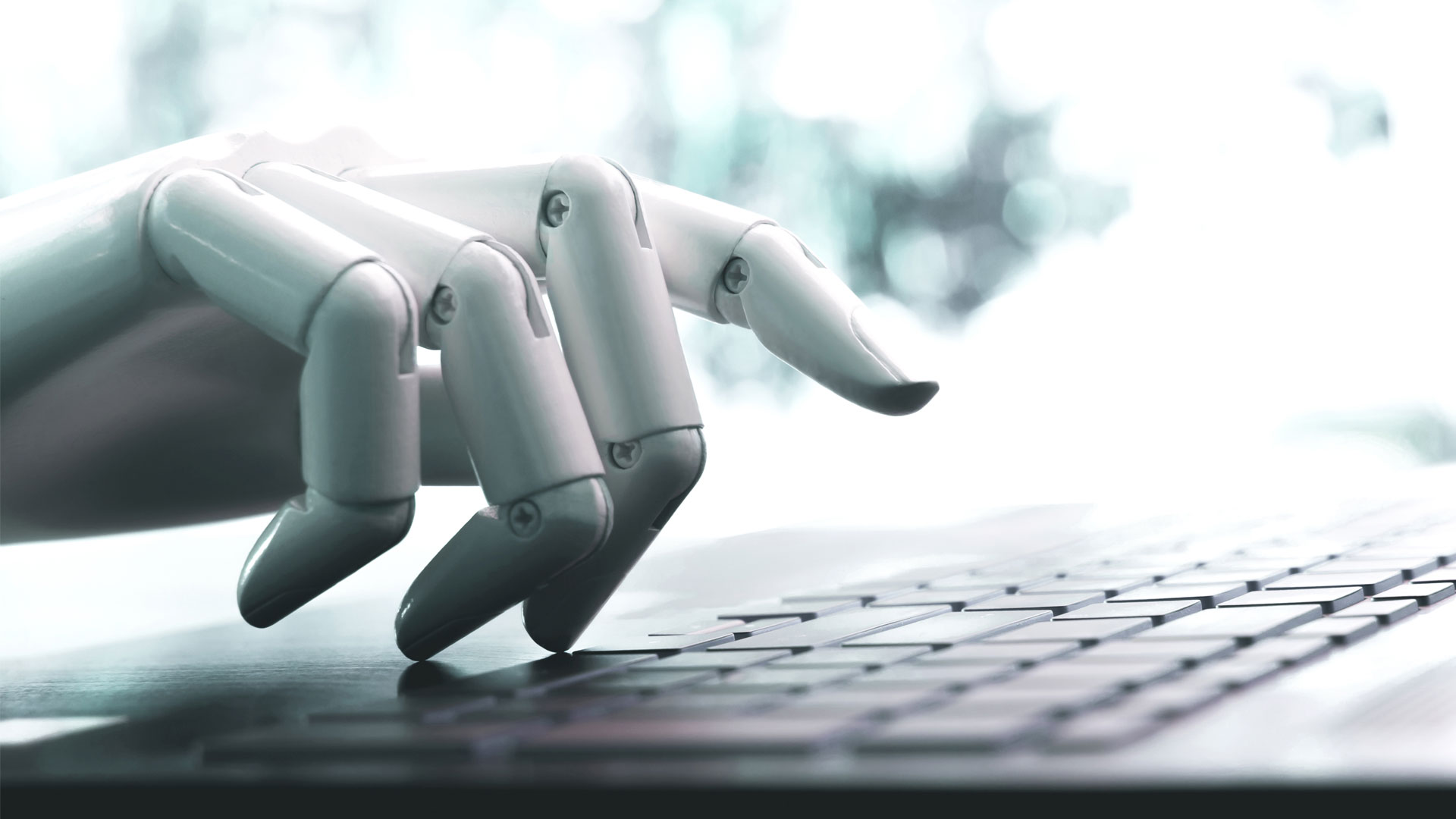I asked ChatGPT to write about itself in my style, so I didn’t have to
Am I out of a job?

Before I present ChatGPT’s article about itself, it’s worth presenting the prompt that generated this story.
“Write a 350-word news story about the impact of ChatGPT in the style of Lance Ulanoff”
Had I given it more detail or more specifics about the intended audience, it might’ve come out differently. Even so, the time from prompt to completion of this brief post was a matter of seconds. I only wish I could write this fast. What follows is a completely unedited, unaltered TechRadar post by ChatGPT.
As ChatGPT continues to gain popularity, its impact on the world of artificial intelligence and natural language processing is becoming increasingly apparent.
Developed by OpenAI, ChatGPT is a large language model that is able to generate human-like text in response to prompts. It has been trained on a massive amount of data, allowing it to understand and respond to a wide range of topics and questions.
The potential applications of ChatGPT are vast. In the business world, it could be used to automate customer service and support tasks, freeing up employees to focus on more complex issues. In the world of journalism, it could be used to generate articles and reports, allowing journalists to focus on more in-depth analysis and storytelling.
But ChatGPT's impact goes beyond just increasing productivity and efficiency. It also has the potential to revolutionize the way we interact with technology. With its ability to understand and respond to natural language, ChatGPT could make it possible for people to have more natural and intuitive conversations with their devices.
Get daily insight, inspiration and deals in your inbox
Sign up for breaking news, reviews, opinion, top tech deals, and more.
This could have a profound impact on the way we use technology in our daily lives. For example, instead of having to remember specific commands or navigate through menus, we could simply ask ChatGPT to perform tasks for us using natural language. This could make technology more accessible and user-friendly for people of all ages and abilities.
Of course, there are also concerns about the potential downsides of ChatGPT. Some worry that it could lead to the automation of jobs, or that it could be used to spread misinformation. But the developers of ChatGPT are working to address these concerns and ensure that the technology is used responsibly.
Overall, ChatGPT's impact on the world of artificial intelligence and natural language processing is significant, and its potential applications are exciting. As it continues to evolve and improve, it has the potential to revolutionize the way we interact with technology, making it more intuitive and accessible for everyone.
Editor's note: see our latest opinion piece on why ChatGPT may not lead to redundancy in the workplace, or at least why one staff member is unconcerned.

A 38-year industry veteran and award-winning journalist, Lance has covered technology since PCs were the size of suitcases and “on line” meant “waiting.” He’s a former Lifewire Editor-in-Chief, Mashable Editor-in-Chief, and, before that, Editor in Chief of PCMag.com and Senior Vice President of Content for Ziff Davis, Inc. He also wrote a popular, weekly tech column for Medium called The Upgrade.
Lance Ulanoff makes frequent appearances on national, international, and local news programs including Live with Kelly and Mark, the Today Show, Good Morning America, CNBC, CNN, and the BBC.